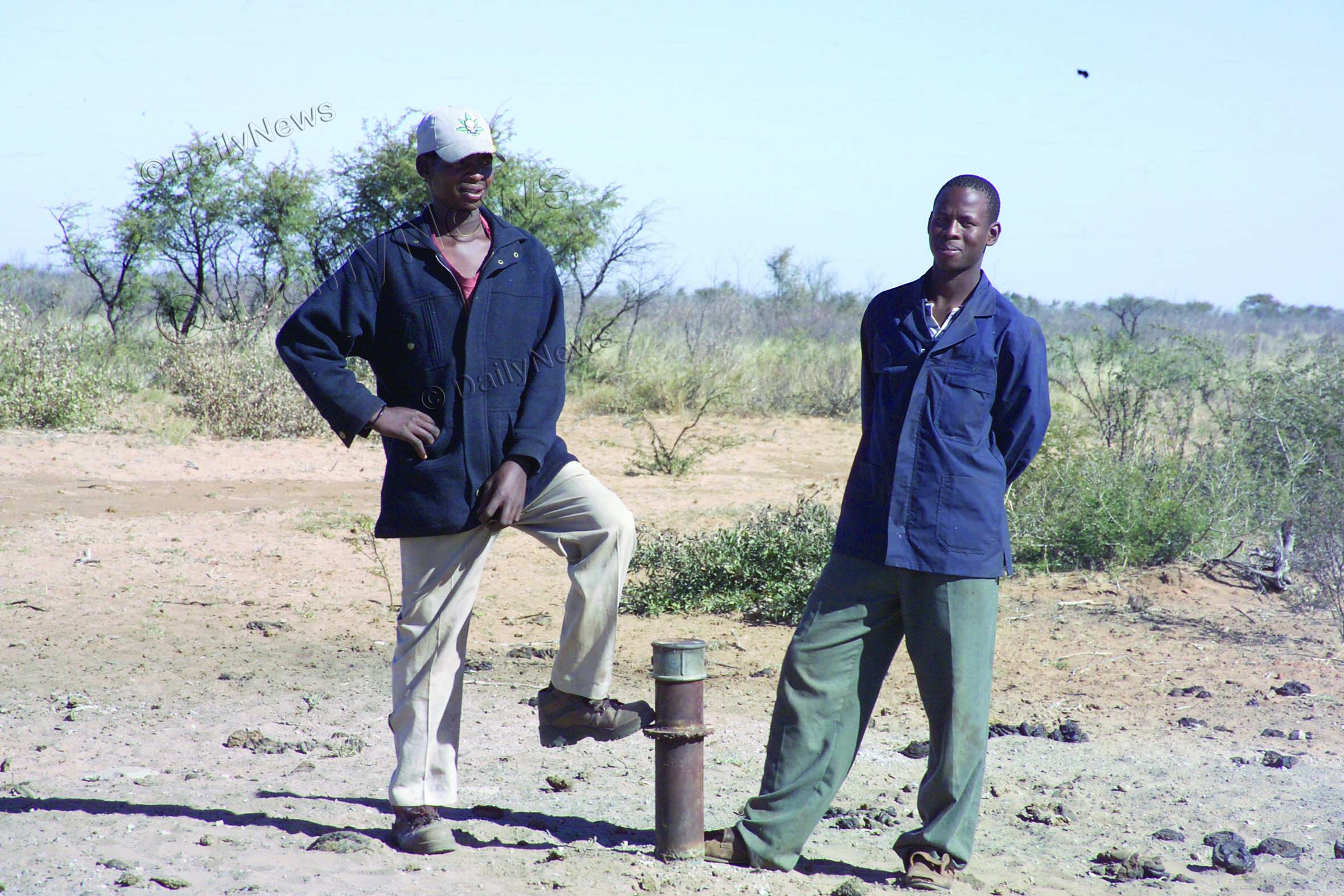Biogas technology solution to environmental degradation
06 Oct 2024
Most people residing in farms and lands use firewood extensively for cooking and heating, the result of which is soil erosion emanating from frequent cutting down trees.
To remedy the situation, farmers can reduce over reliance on fuel wood by embracing the use of biogas for cooking, heating and lighting so as to curb environmental degradation.
Biogas is a naturally occurring and renewable source of energy resulting from the breakdown of organic matter. It is a gas produced from organic materials such as animal waste because the organic materials used to produce them can be replenished.
During the launch of biogas technology in June, the Minister of Minerals and Energy, Mr Lefoko Moagi said government of Botswana was in full support of global transition to clean energy with a view to contribute towards attainment of the goal of reducing global warming.
He said the government’s commitment to this green energy transition is premised on the recognition of the urgent need to address climate change and reduce global warming.
He said the implementation of the programme was through the private sector, which was an opportunity for ensuring a shared responsibility and empowerment of the locals.
To demonstrate this commitment, he said, government had set ambitious targets for increasing contribution of renewable energy to 30 per cent by 2030 as well as reducing carbon emissions to 15 per cent by the same year.
“This commitment reflects our understanding of the responsibility we bear to safeguard the planet for future generations and underscores our dedication to being part of the global green energy solutions,” he said.
Minister Moagi said their journey towards the launch of biogas technology began in November 2019 when the Ministry of Minerals and Energy joined hands with the United Nations Development Programme (UNDP) to develop a comprehensive biogas programme for the country.
The biogas is primarily used for cooking, heating as well as lighting. It is therefore an integral part of the Ministry of Minerals and Energy mandate to promote the production and utilisation of biogas from agro-waste, contributing significantly to reducing carbon footprint in the energy sector.
During Phase 1 of the Biogas Project, between January 2017 and January 2022, significant progress was made, particularly in the Southern part of Botswana, where a total of 231 biogas digesters were constructed and 77 masons trained.
Mr Moagi however said the target was to have constructed a total of 750 small-scale digesters countrywide. From this total, 630 digesters will be supported by government through a subsidy, he said.
In addition, he said the subsidy would cover the cost of biogas appliances and labour for construction.
In an interview, one of the youths who attended biogas digester construction workshops at the Department of Energy in Mahalapye, Mr Boang Mosalagae called on Batswana to adopt and explore this technology saying its benefits were immeasurable.
He said biogas could be used at the lands, farms and also in the village for cooking and lighting to save money and conserve the environment. It can also be used to draw water from a well.
He said the technology used to produce biogas was inexpensive and easy to set up. Cow dung is added to the digester, where bacteria causes it to ferment and produces biogas.
Mr Mosalagae nonetheless said though the utilisation of biogas was not as widespread as it should be, it had the potential to contribute to the energy landscape.
He said if Batswana could respond to the call to use biogas, they would avoid high cost of electricity and liquid petroleum gas.
He said biogas was easy to set up and needed little investment when used, for domestic use. Comparing biogas to LP gas, Mr Mosalagae said the latter finished without warning. End
Source : BOPA
Author : Portia Rapitsenyane
Location : PALAPYE
Event : interview
Date : 06 Oct 2024







